☀️Dermatologist-Approved Sunscreen vs. Regular Sunscreen: The 2025 Guide to Smart Sun Protection In 2025, sunscreen is no longer just a s
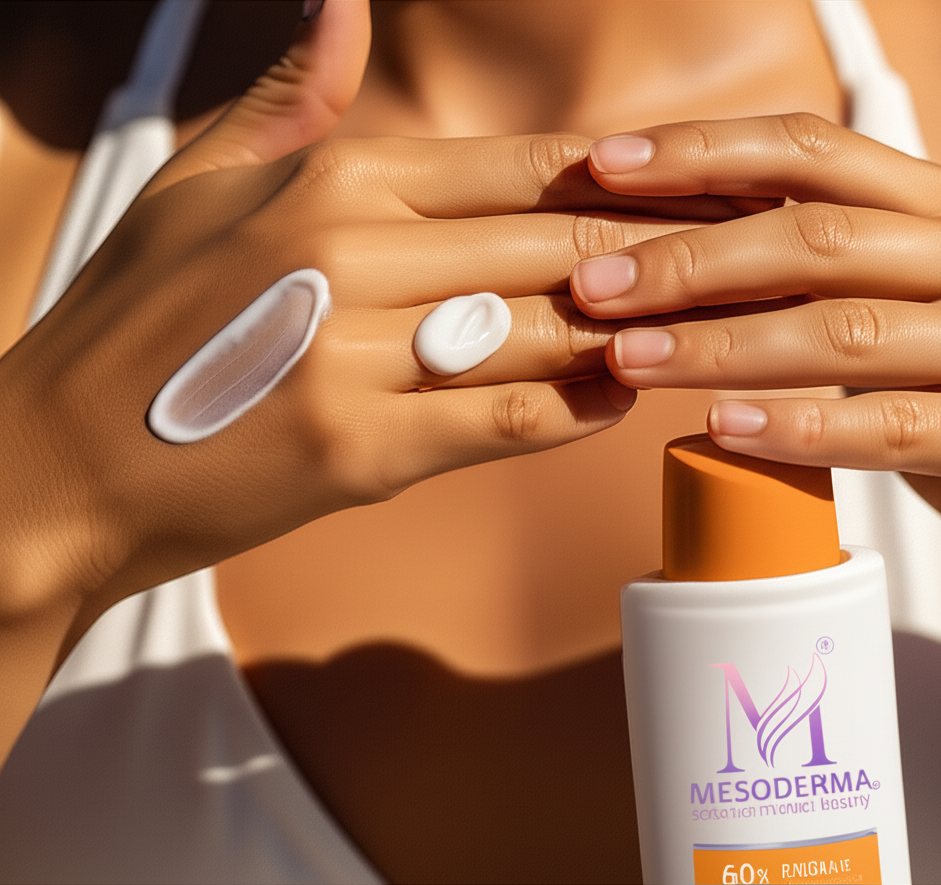
In today’s skincare-conscious world, sunscreen isn’t optional—it’s essential. But not all sunscreens are created equal. As skin damage, hyperpigmentation, and UV-induced aging continue to rise, the big question is: Should you choose a regular sunscreen from the market—or trust a dermatologist-approved formula backed by science?
This guide will help you make the safest, smartest choice for your skin in 2025.
🌞 Why Sunscreen Is the Real Anti-Aging Hero
Daily sunscreen use does more than prevent sunburn—it helps:
- Block UVA rays that cause wrinkles, sagging, and aging
- Block UVB rays that lead to burns and increase skin cancer risk
- Reduce the appearance of dark spots, melasma, and post-acne marks
- Prevent photoaging and breakdown of collagen and elastin
📚 Sources: Journal of Clinical and Aesthetic Dermatology (2021), Skin Cancer Foundation
☀️ Dermatologists agree: wearing sunscreen daily is your best defense against aging and pigmentation.
🧴 Regular Sunscreens: The Common Pitfalls
Regular sunscreens—those commonly found in general cosmetic stores or local markets—often prioritize cost and cosmetic appeal over long-term safety.
⚠️ Common Issues:
· Only protect against UVB (SPF), not UVA
· Use outdated filters like Oxybenzone and Octinoxate
· Contain fragrances, alcohols, or oils that irritate the skin
· Have thick, greasy textures that deter daily use
· Poor water resistance and no blue light or IR protection
📚 Source: Environmental Working Group Sunscreen Guide (2024)
👩⚕️ Dermatologist-Approved Sunscreens: What Makes Them Better?
Dermatologist-approved sunscreens are:
· Clinically tested on sensitive and acne-prone skin
· Non-comedogenic and fragrance-free
· Provide broad-spectrum UVA + UVB + HEV + IR-A protection
· Enriched with skin-beneficial actives
· Designed to protect without clogging pores or irritating skin
📚 Source: American Academy of Dermatology (2023)
✅ These sunscreens don’t just protect—they repair, hydrate, and heal.
🔬 2025 Innovations: The Future of Sun Protection is Here
🔹 1. Advanced Hybrid Filters
Combining the best of physical and chemical filters:
· Zinc Oxide (non-nano)
· Tinosorb S, Uvinul A+, Uvinul T150
· Iscotrizinol (Uvasorb HEB)
These filters are photostable, broad-spectrum, and safe even for sensitive skin.
📚 Source: Cosmetics Europe, 2024
🔹 2. Beyond UV: Blue Light & Infrared Defense
Modern damage comes not just from sunlight—but from screens and heat.
Now sunscreens defend against:
Blue light (HEV) from phones and laptops
· Infrared-A (heat rays) that accelerate collagen breakdown
Key ingredients:
· Iron Oxides, Licochalcone A, Thermus Thermophilus Ferment
📚 Source: Journal of Photodermatology, 2023
🔹 3. SPF 50+ and PA++++: The New Gold Standard
· SPF 50+ blocks 98–99% of UVB rays
· PA++++ ensures the highest UVA defense
Ideal for Indian skin and tropical climates
📚 Source: Skin Cancer Foundation, AAD Guidelines 2023
🔹 4. Skincare + Sunscreen = Multi-Benefit Formulas
Next-gen sunscreens act like serums:
· Niacinamide for brightening and pigmentation
· Hyaluronic Acid for hydration
· Centella Asiatica for soothing
· Ceramides for barrier repair
📚 Source: Dermatologic Therapy Journal, 2024
🔹 5. Eco-Safe and Skin-Conscious
Free from:
· Oxybenzone, Octinoxate, Homosalate
· Nano-particles and microplastics
· Fragrance, parabens, and alcohol
Reef-safe, biodegradable, and gentle on marine life.
📚 Source: Environmental Working Group, 2024
🧪 Comparison: Market Sunscreen vs. Dermatologist Sunscreen
|
Feature |
Regular Sunscreen |
Dermatologist-Approved (MesoShield) |
|
SPF Level |
SPF 15–30 |
SPF 50+ with PA++++ |
|
UVA Protection |
Often missing |
Full-spectrum filters (Uvinul, Zinc) |
|
Texture |
Thick, greasy |
Lightweight gel-cream |
|
Actives |
Often none |
Niacinamide, Centella, HA |
|
Blue Light Protection |
No |
Yes (Iron Oxides, Antioxidants) |
|
Eco & Reef Safe |
No |
Yes |
|
Skin Safety |
Generic formula |
Dermatologist-tested |
🌿 Introducing: MesoShield AgeDefense SPF 50 by Mesoderma
At Mesoderma, we’ve created a next-generation, dermatologist-approved sunscreen specifically for Indian skin tones and urban exposure.
🔬 Key Benefits:
· SPF 50 PA++++ – Broad-spectrum & blue light shield
· Niacinamide + Centella + Vitamin E – Repairs and soothes
· Iron Oxides + Hyaluronic Acid – Boost skin resilience
· Non-comedogenic, fragrance-free, water-resistant
· Reef-safe, microplastic-free, eco-conscious formula
MesoShield is more than sunscreen—it’s a cosmeceutical-grade skin treatment and daily armor.
✅ Final Thoughts: Choose the Sunscreen That Works Harder for Your Skin
The sunscreen you choose today determines the skin you’ll have tomorrow.
While regular sunscreens may offer short-term protection, they often fail to address the deeper needs of your skin. In contrast, dermatologist-approved sunscreens like MesoShield offer:
· Stronger protection
· Better compatibility
· Longer-term skin health benefits
· Clean, ethical, and eco-safe formulations
🌟 Mesoderma’s MesoShield AgeDefense is not just a sunscreen—it’s the smartest skincare investment you can make.
📚 References:
1. Skin Cancer Foundation – The Importance of Sunscreen
2. Journal of Clinical and Aesthetic Dermatology (2021) – Daily Sunscreen and Skin Aging
3. Environmental Working Group (2024) – Sunscreen Ingredient Guide
4. Cosmetics Europe (2024) – Sunscreen Filter Innovation Report
5. American Academy of Dermatology (2023) – Sunscreen Best Practices
6. Journal of Photodermatology (2023) – Blue Light and Infrared in Skin Aging
7. Dermatologic Therapy Journal (2024) – Functional Actives in Sunscreens
🔗 Explore MesoShield AgeDefense SPF 50 now at www.mesoderma.in
💧 Dermatologist-tested. Earth-approved. Skin-glow guaranteed.
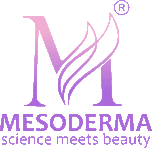
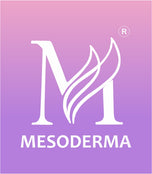
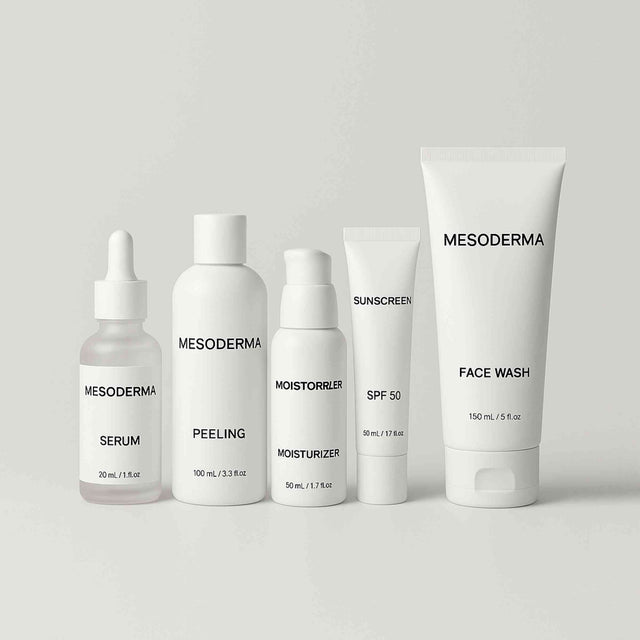
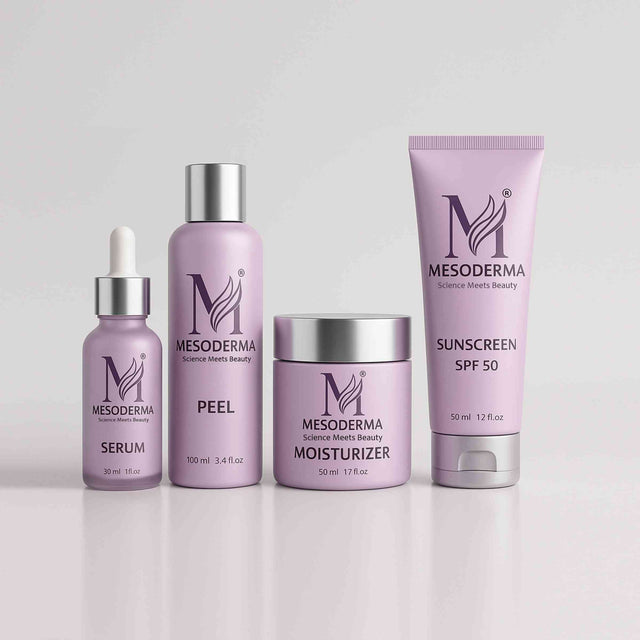
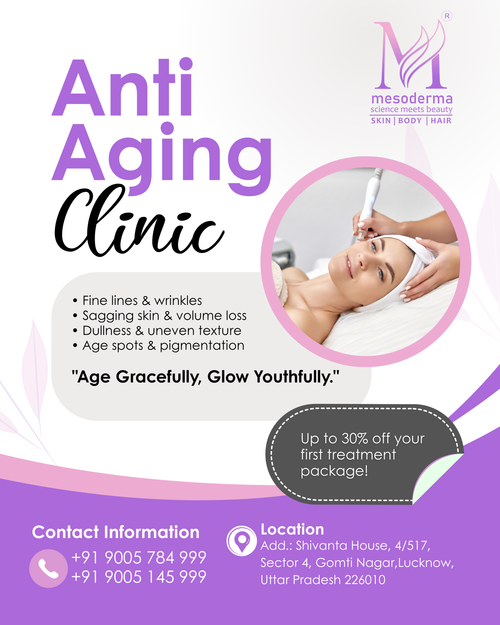
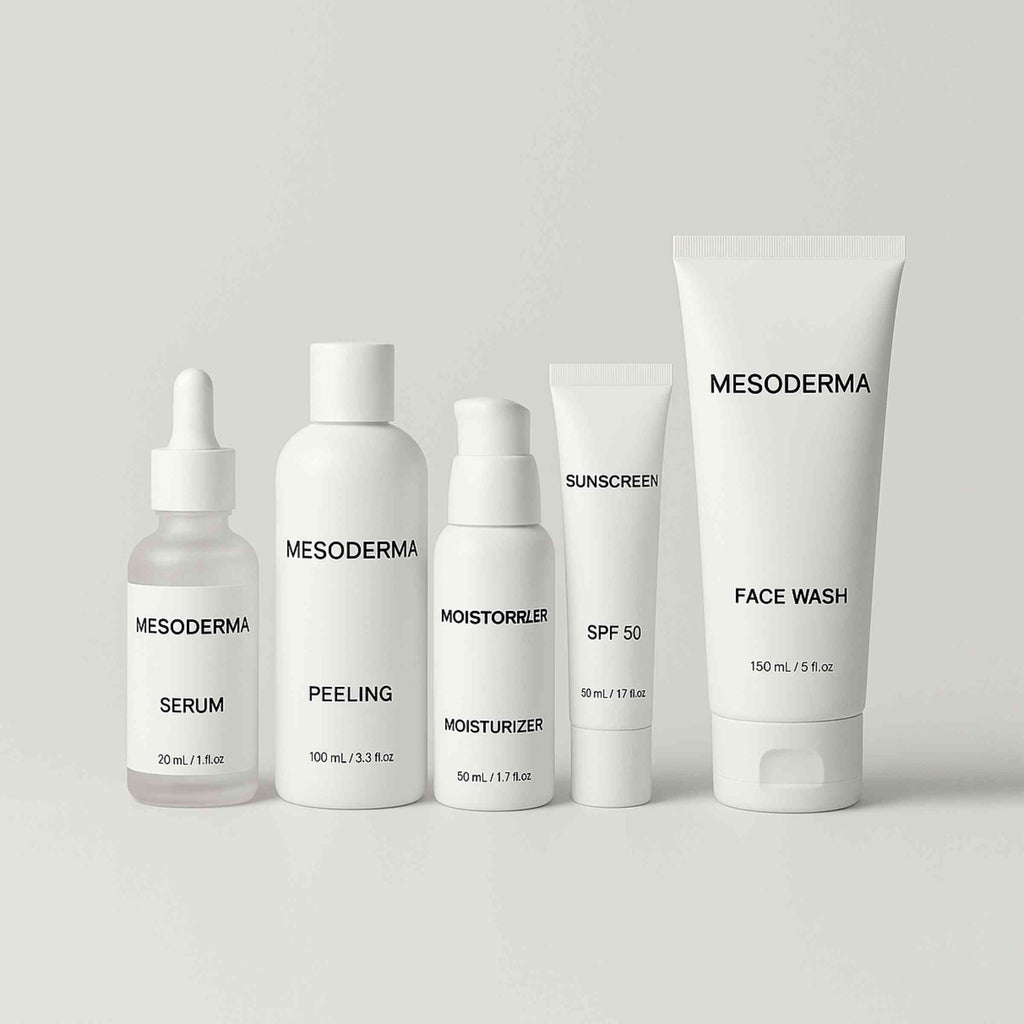
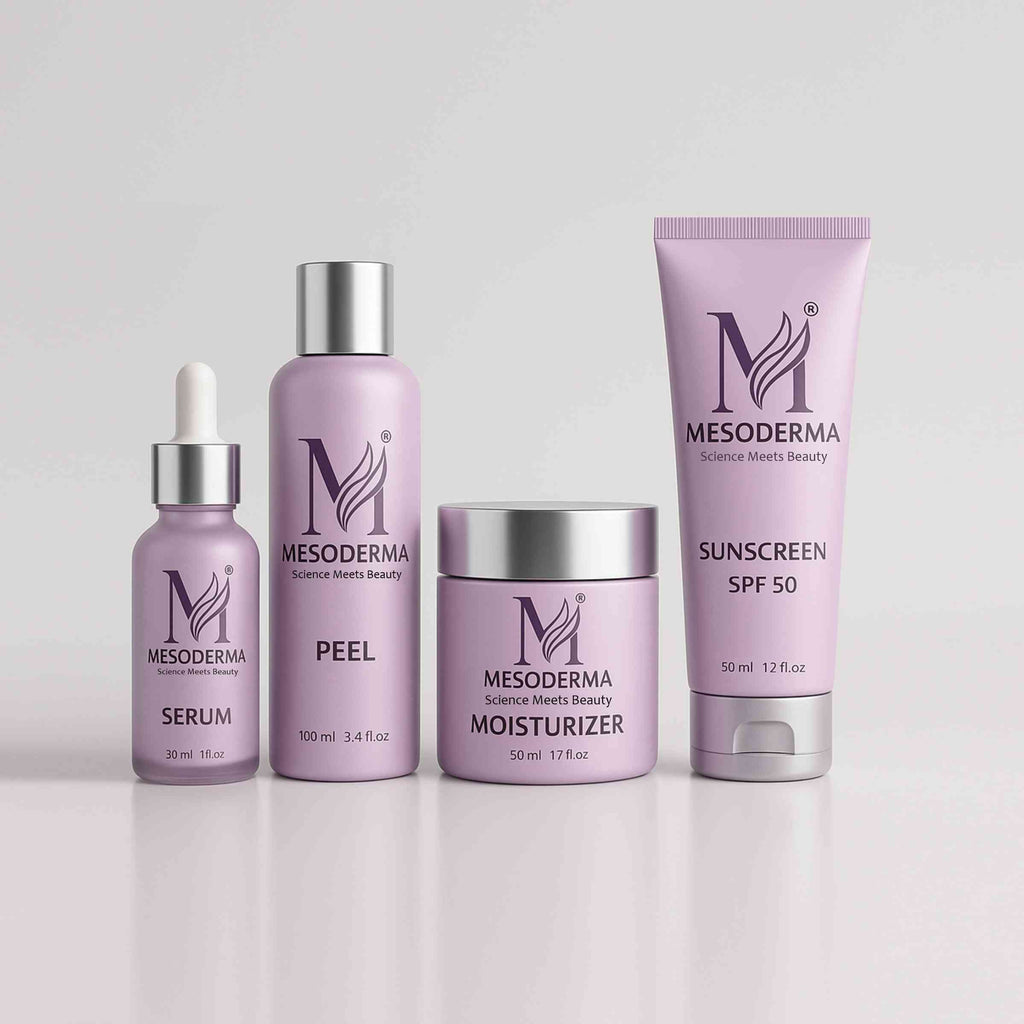
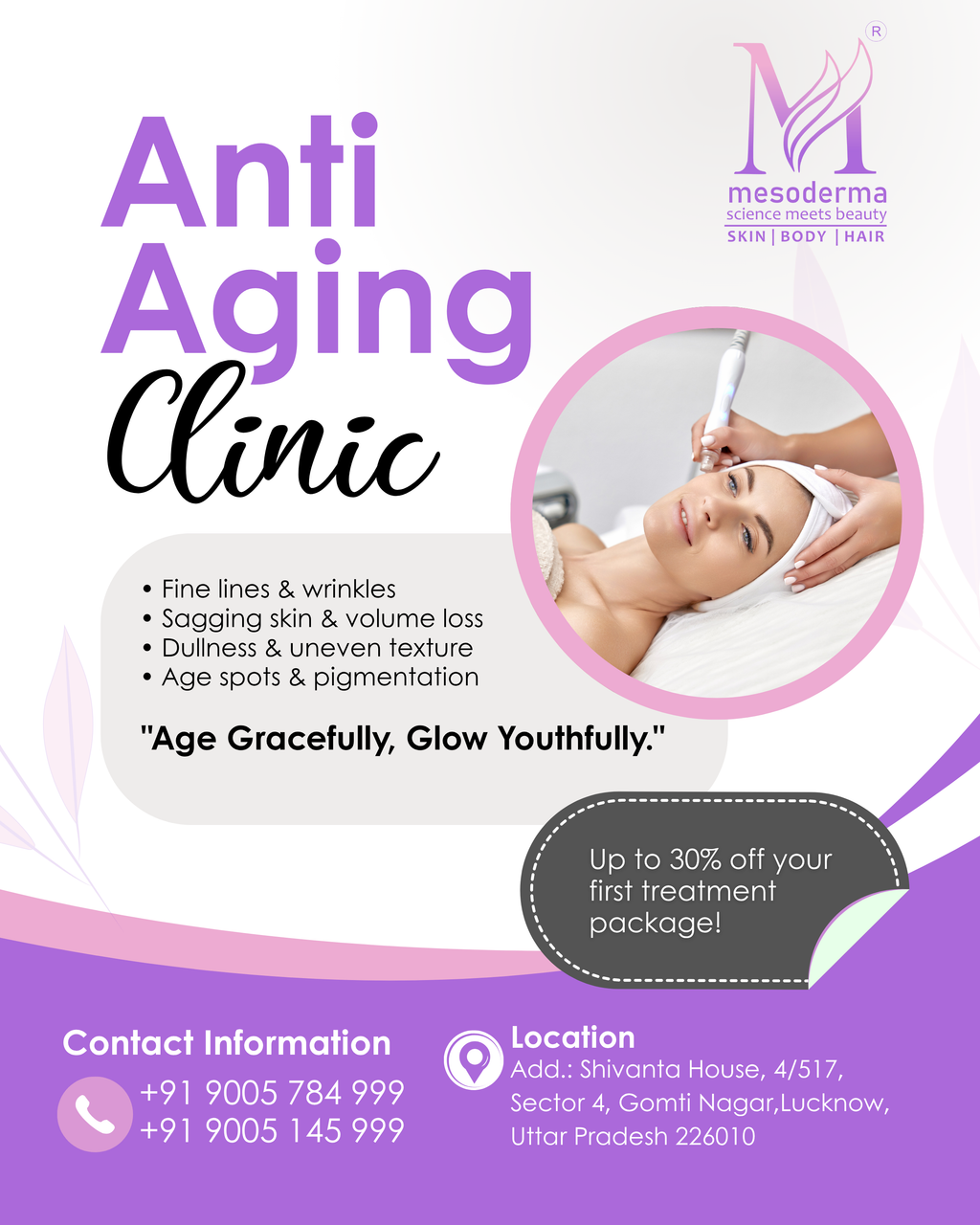
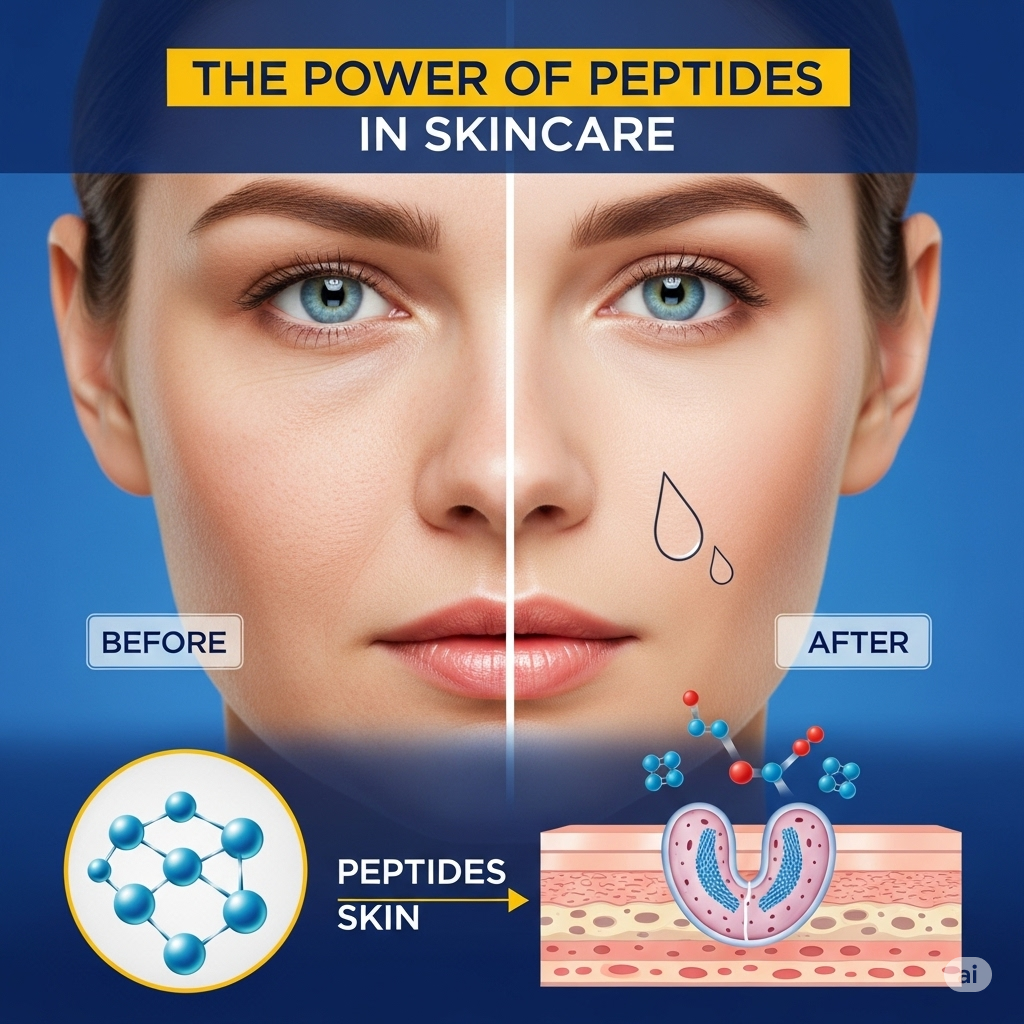
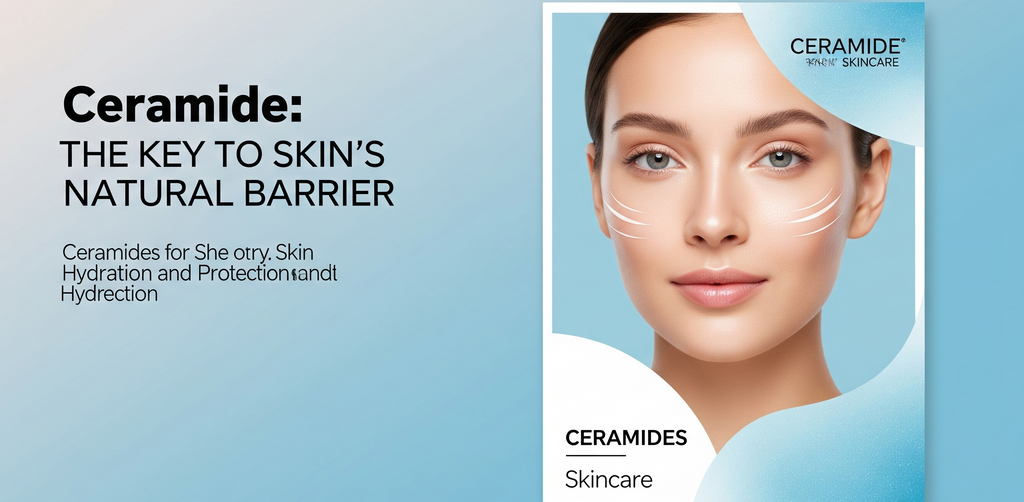
Leave a comment
All comments are moderated before being published.